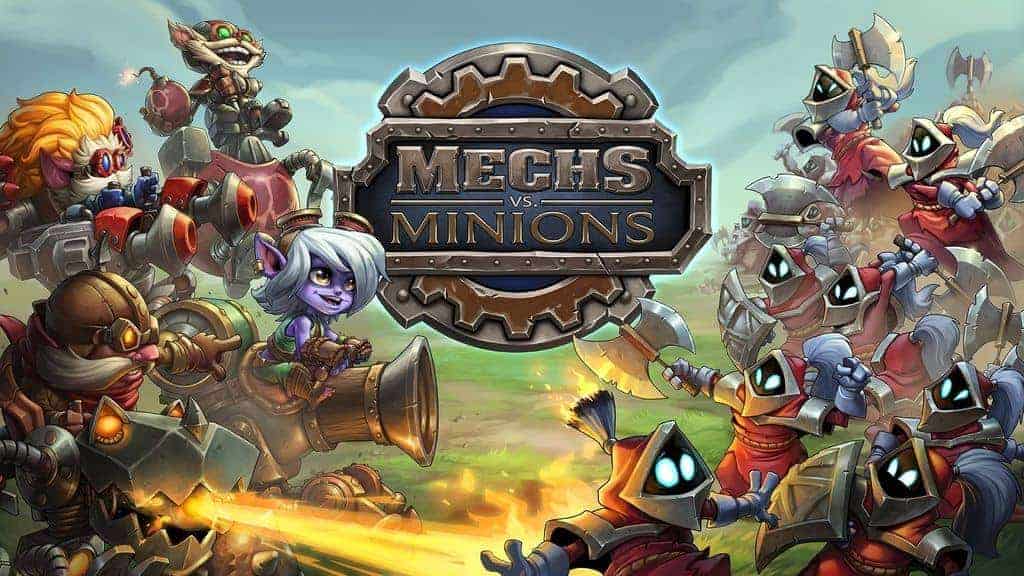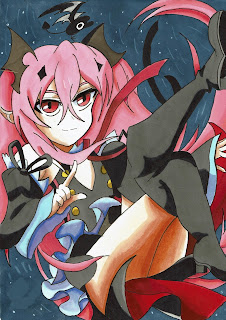Game Design
Ian Schreiber defines a game as a 'play activity with rules that involves conflict' (What is a game anyway) but argues it more complex than this. He offers other definitions but he points out exceptions to all of these and argues no definition is perfect. He says all games have the following, rules, decision making, conflict, activity, goals, are in a safe artificial world and are voluntary. This is similar to the views of Wolfgang Kramer (What is a Game?) who lists the same basic criteria and argues all games have rules (software) and components (hardware) and are made for pleasure. Making a game does not need lots of time or money and can be done with pencil and paper according to Schreiber. An activity (credited to Brenda Brathwaite) described by Schreiber shows a game starts with a simple idea which can be built on by making and playing the game in a short time. In fact he argues that the first prototype should just take a few minutes!
Lewis Pulsipher in his article 'Pulling the Plug' argues that more is to be learned by designers about electronic game design by teaching beginners using traditional non digital games. This viewpoint I find fascinating. Pulsipher argues that prototyping is much easier and simpler for a traditional game taking only hours and needs less specialized skills. It is then easier and quicker to test and modify different versions of a prototype if it is not electronic. No time is wasted on fancy graphics until the game is produced. Since non electronic games are less complicated, the designer can focus on game play, so less time is wasted on bad ideas. Greg Costikyan says that game developers today have limited imaginations. He suggests they avoid being a vidiot (only studies electronic games) and become more creative in their game design by studying non electronic games.
 - Risk
- Risk
Lewis Pulsipher in his article 'Pulling the Plug' argues that more is to be learned by designers about electronic game design by teaching beginners using traditional non digital games. This viewpoint I find fascinating. Pulsipher argues that prototyping is much easier and simpler for a traditional game taking only hours and needs less specialized skills. It is then easier and quicker to test and modify different versions of a prototype if it is not electronic. No time is wasted on fancy graphics until the game is produced. Since non electronic games are less complicated, the designer can focus on game play, so less time is wasted on bad ideas. Greg Costikyan says that game developers today have limited imaginations. He suggests they avoid being a vidiot (only studies electronic games) and become more creative in their game design by studying non electronic games.
 - Risk
- Risk
On the question of a game designer, I never realized they could be viewed as artists, architects, research scientists, educators, lawyers or Gods depending on your view (What is Game Design?). The importance of testing games as it is a very risky business is emphasized. It is interesting to see that all the readings emphasize the importance of getting a working prototype of your game as quickly as possible, This means you can play it and have more time to make changes. This will be very useful to remember for game designing on this course.





This comment has been removed by the author.
ReplyDeleteHi Fionn,
ReplyDeleteI also didn’t realise game designers could be compared to other job roles such as a lawyer or an artist depending on the individuals view. This is crazy to think isn’t it! I also found it interesting how important it is to get a prototype of your game as soon as possible, in order to give more time to change things. Do you think games can be defined in multiple different ways? Do you think Ian Schreiber’s term of “Critical Vocabulary” needs to be used by Game Designers in order to learn about games?
I look forward to hearing your thoughts.
-Ciaran
Hey Fionn,
ReplyDeleteI really enjoyed reading your blog I found it very interesting that you compared a game designer to a artist because I feel that you have to be somewhat artistic to create a game so I really liked that you compared the two I also liked looking at some of the games you mentioned even though i do not know them they seem interesting anyway i will leave it there hope to read more from you soon.
-jennifer :)
Hi Fionn,
ReplyDeleteI really like your blog ! I too find it interesting that the reading may the argument that game designers are lawyers, artist and etc. I also never thought about that as well. I knew we had to prototype but I never thought of when, even if it's just pen and paper! Did you do this for your actual game ?
Can't wait to read your blog again into the future !
Y.iS
Sarah H